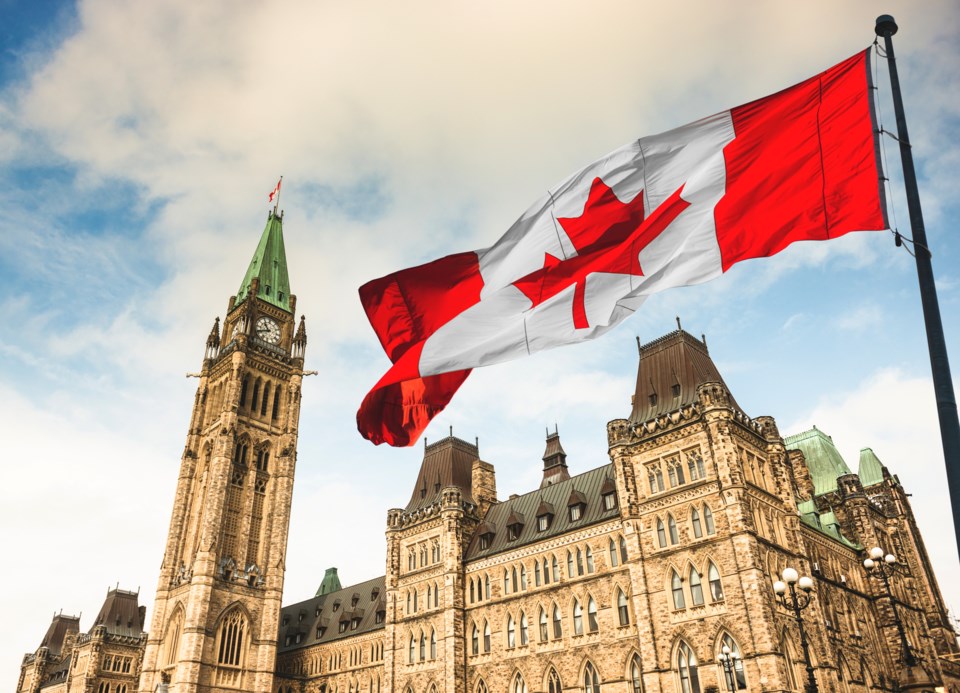Help wanted: Rational, reasonable, respectful Canadians, with good judgment, without mean-spiritedness, to participate in democracy. Apply now!
It has become cliché to say that many great public-minded Canadians are dissuaded from running for office by today’s climate of squeaky-wheel, free-rein vitriol. Social media is an amplifier and a conduit of polarization and misinformation, but there are legitimate underlying grievances and frustrations of real and perceived inequality and injustice in the mix.
True, Canadians have it better than Americans when it comes to our choices in politics. It only takes a few minutes of watching American political conventions, or even a few seconds of watching American political news television, to understand the toxic mixture of polarization, along with contempt and intolerance for the other side, that has corrupted its binary political system.
But we can be quite smug about our system, too, even though it’s apparent how in this electoral mandate our federal government has galloped toward the same unhealthy climate in which parties are worlds apart in their perspectives. I can’t recall when our two historic governing parties, the Liberals and Conservatives, have been so far apart in their visions and messages for the country.
Which is why anything professing to dial back the rhetoric and bring down the temperature bears at least a look. That’s the ambition of the Canadian Future Party (CFP), to offer what interim party president Tara McPhail calls an option of “decency, moderation and evidence-based” policy – that latter descriptor, in part, to say there will be no debate on the reality of climate change.
McPhail, a Vancouver lawyer and former Conservative, believes we are amid an environment in which many Canadians have “the view that no party represents them.”
The Liberal-NDP coalition has strayed too far left and brought forward a recent budget that lost the plot, she says, while the Conservatives have flirted with conspiracy theorists and Make America Great Again-style simplistic policy-by-rhyme (“Axe The Tax,” “Jail Not Bail”) delivered uncomfortably by Pierre Poilievre.
“People will vote for him just because they are tired of Justin Trudeau,” she says.
New parties can find it difficult to define what makes them distinct. Sometimes they can be defined by what they aren’t, and that often leaves the door open to house ideas that choose the extreme position in order to court a passionate, even zealous constituency.
The new party’s “interim policy framework” supports, among other things, personal freedom balanced by personal responsibility, open government with proportional representation, a simplified tax code, a debt reduction objective, stronger defence spending, reform of the RCMP into a domestic intelligence service, and working with provinces, territories and First Nations on self-government and resource-sharing. Only Canadian citizens will participate in its operations.
Other attempts have been made to launch parties arising from dissatisfaction with extreme positions to modify the left and right – in some cases, too, offering harder left-right options – but none have been launched into such a gulf between Conservatives and Liberals.
Notwithstanding the online noise, the context for the party couldn’t be more inviting, even though it’s unclear if public opinion suggests discontent with leadership more than the parties themselves.
The party’s interim leader, Dominic Cardy, is a former New Brunswick Progressive Conservative cabinet minister and the former NDP leader in that province. He shares the view that, too often, “the goal is not public service and good policy to improve the lives of Canadians. Rather it is to destroy and vanquish your opponents.”
Its early-stage organization includes an executive committee and a national council, both quite diverse and experienced politically, and it is starting to build local riding associations in time for next year’s federal election.
In late July, after a five-month wait, Elections Canada conferred the party with tax status to more readily attract donors. It is fundraising starting this month, has nominated candidates in two federal byelections in Quebec and Alberta, and will do so again as other required byelections are called in the weeks ahead.
It shouldn’t surprise anyone – indeed, it is more evidence of the polarity of the times – that the initial reactions from Conservatives and Liberals have been to sneer at the arrival of a new party stationed between them on the political spectrum.
McPhail knows it’s a patient game, that it will take time to introduce the CFP.
“I feel I have signed on for giving Canadians another option,” she says. “A lot of people do not like the options they see.”
Kirk LaPointe is a Glacier Media columnist with an extensive background in journalism.




